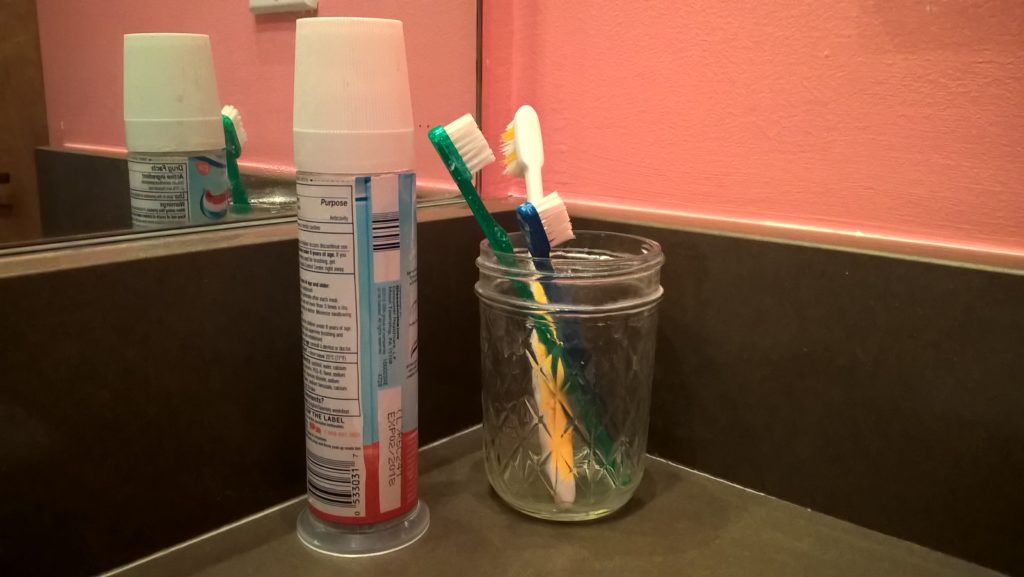One thing I’ve heard repeated a lot this year is that Covid has clarified what is important. This doesn’t resonate much with me, in part because I have never really struggled with perspective—certainly not since watching my mother die prematurely from a prolonged and horrific disease—and also because I haven’t reached the same conclusion as most of the people saying it. For many, Covid has reinforced the importance of family and other close relationships. For me, it has reinforced the importance of random encounters with semi-strangers.
I’ve ridden the bus four times since March 12. This is, of course, an indication of my privilege. Every member of my household is working or schooling remotely. We bike for groceries (a practice we started three years ago, when Red Apple closed). With work, school, and food covered, we don’t have any essential trips. So, out of respect for bus drivers and other essential workers who must ride, and out of respect for load limits, we’ve been staying off the bus. Truth be told, except for daily walks around the neighborhood (and occasional work at the park where we volunteer), we spend most of our time inside.
I’m profoundly lonely, but not for the reasons you might think.
Yes, I miss my family and close friends. I haven’t held my youngest nibling, who turned one last month, since she was barely out of the newborn phase. I haven’t spent time indoors with my siblings or dad since the first statewide stay-at-home order. I haven’t hugged or shared a meal with a girlfriend in even longer.
Despite all of this, I have managed to stay connected to my people. We Zoom. We talk on the phone. We meet for walks. We email, DM, IM. I send letters (and bus stickers!) to my niblings. I text ridiculous memes to my brothers. I Marco Polo with my bestie. I communicate with nearby neighbors via group email and text. (My neighborhood even gathered for masked, distanced outdoor movie nights over the summer.)
So, while I certainly would prefer to be present with my beloveds in the ways I am used to, I am still very connected to everyone I was in a definable relationship with before the pandemic. (I am also deeply, deeply grateful that everyone in my immediate circle is still healthy.)
The people I am missing desperately are the people I never call. The people whose numbers (and sometimes, names) I don’t know, but who I am in relationship with nonetheless.
I miss the school crossing guards. The front desk folks at the library. The bus drivers. The bus regulars. (I saw Miss Ida walking down Yesler in September and almost cried with relief and joy.) The dance school receptionist. The Real Change vendor. The not-immediate neighbors I’m on waving/”How you doin’?” terms with.
These are people who bring texture and connection and beauty to my life. I have always valued these relationships, but I didn’t realize how much I relied on them until overnight, all of them were snatched away. I don’t know if these folks are OK. I have no way to check on them or offer support.
I am not a “people person.” I am a deep believer in community and a lover of humans, but I am also a shy, introverted homebody. Left to my own devices, I would live my entire life in my head. My daily travels—walking a kiddo to school, picking up a library hold, stopping for a paper and a quick chat, greeting (and then thanking) a bus driver, running into an acquaintance on a ride—are my way of connecting to my community. They help me remember I’m not alone.
So yes, I miss my loved ones, but I never really lost them. The network of humans that held me up pre-pandemic might never return.
And that loss is profound.

